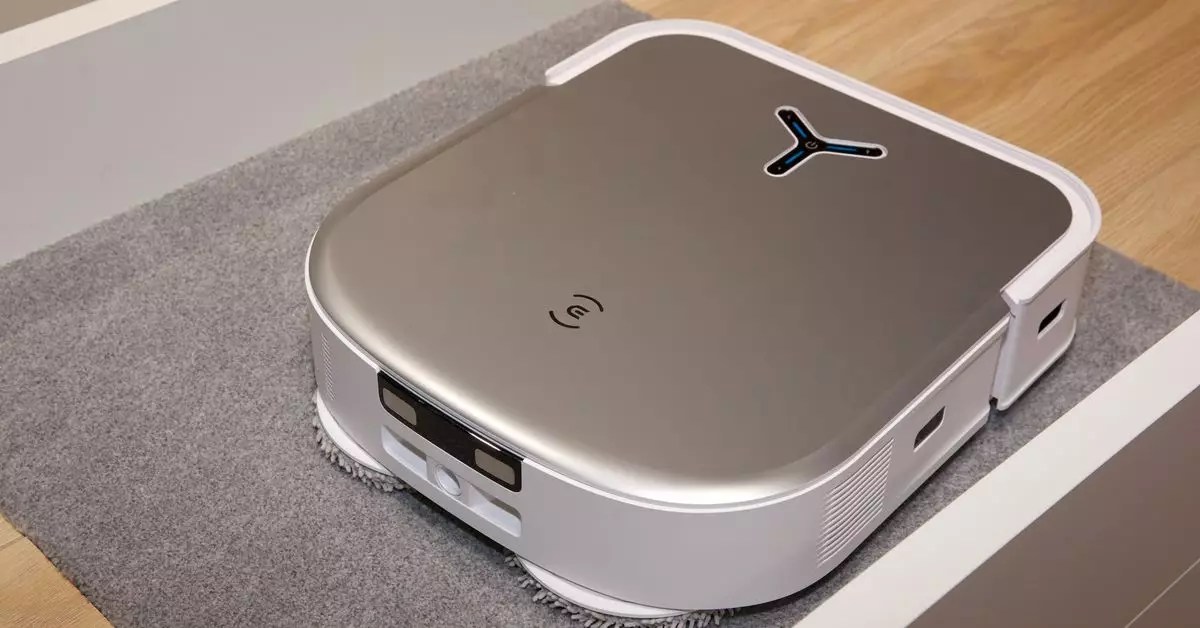As smart home devices become increasingly integrated into daily life, their vulnerabilities present significant risks. Recent reports of the Ecovacs Deebot X2 Omni robotic vacuums being hacked and used maliciously provide a disturbing glimpse into these dangers. Such incidents raise substantial concerns about personal privacy, data security, and the trustworthiness of smart home technologies.
Earlier in the year, numerous reports emerged from various locations in the United States, detailing how the Deebot X2 vacuums were compromised. One particularly alarming account came from Daniel Swenson, a lawyer from Minnesota, who described a chilling experience where his family’s device began emitting strange noises that escalated to an unidentified voice hurling racial slurs. Such incidents didn’t occur in isolation, as similar patterns appeared in other cities like El Paso and Los Angeles, with owners recounting their devices being weaponized against pets and themselves.
In response to these issues, Ecovacs stated that they had “identified a credential stuffing event,” which suggests a systematic breach rather than just a random hacking incident. While the company asserted that it blocked the originating IP address and found no evidence of stolen usernames or passwords, the underlying concerns linger. Previous vulnerabilities, particularly those surrounding the PIN entry and Bluetooth access, demonstrate that there are, indeed, systemic flaws within their devices. This raises critical questions about the robustness of Ecovacs’ security measures and whether future updates will address these significant vulnerabilities effectively.
The Deebot incident is not an isolated one; it reflects a growing trend where smart home devices become targets for malicious activities. With the rise of technology reliance, users are presented with increasing levels of risk in their own homes. From unexpected breaches to privacy violations where users may even witness feeds from other owners’ cameras, the implications are profound. These experiences shake the foundational trust consumers place in their devices.
While smart home devices offer remarkable conveniences, incidents like the Ecovacs Deebot X2 hacking underscore the necessity for heightened security measures. Companies must prioritize robust authentication processes, implement security patches timely, and develop better consumer awareness about potential risks. Until then, the question remains: is the convenience worth the potential invasion of privacy? The growing incidents precaution users to tread carefully, ensuring their digital habits prioritize security alongside technological advancement. The future of smart home devices must balance innovation with an unwavering commitment to protecting user data and safety.


Leave a Reply